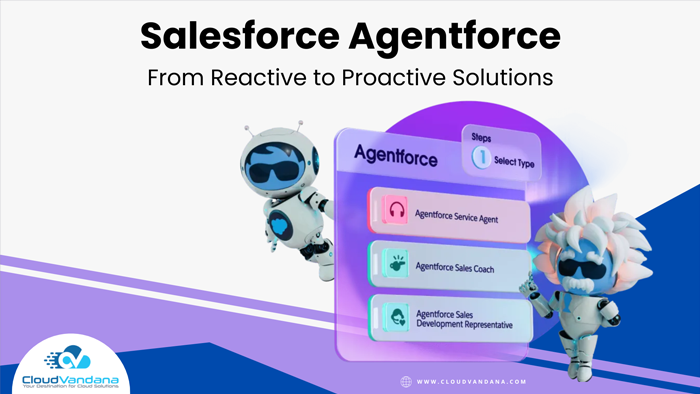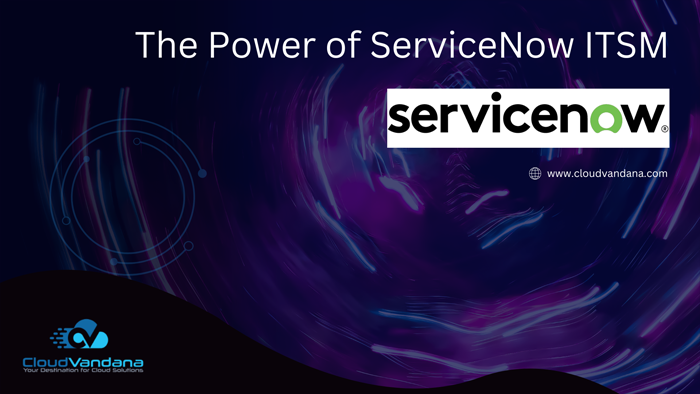In today’s digitally driven world, businesses increasingly turn to the cloud to optimize their operations, enhance scalability, and improve overall efficiency. However, navigating the complex landscape of cloud technologies and services can only be daunting with proper guidance. This is where cloud strategy consulting comes into play. Cloud strategy consulting involves helping organizations develop and implement effective strategies for leveraging cloud computing technologies to achieve their business objectives.
In this blog, we’ll explore the intricacies of cloud strategy consulting, its importance, key considerations, and best practices for developing a successful cloud strategy.
Understanding Cloud Strategy Consulting
Cloud strategy consulting encompasses a range of activities, including assessing current infrastructure, identifying business objectives, selecting appropriate cloud solutions, and designing a roadmap for migration and ongoing management.
Cloud consultants bring deep expertise in cloud platforms, services, security, and compliance regulations. They work closely with businesses to understand their unique needs and challenges, aligning cloud solutions with overarching business goals. By leveraging their insights and experience, organizations can make informed decisions about cloud adoption and optimization.
Importance of Cloud Strategy Consulting
Alignment with Business Goals: Cloud strategy consulting ensures that cloud initiatives align closely with the organization’s objectives. By understanding business requirements and priorities, consultants can recommend cloud solutions that drive growth, innovation, and competitive advantage.
Cost Optimization: A well-defined cloud strategy helps organizations optimize costs by selecting the most cost-effective cloud services, optimizing resource utilization, and implementing efficient governance and monitoring practices.
Scalability and Flexibility: Cloud consultants help businesses design scalable and flexible architectures that adapt to evolving needs and market dynamics. This ensures that organizations can seamlessly scale their infrastructure to accommodate fluctuations in demand without compromising performance or reliability.
Security and Compliance: Security is a top concern for organizations moving to the cloud. Cloud consultants guide the implementation of robust security measures and ensure compliance with industry regulations and data protection standards.
Risk Mitigation: Migrating to the cloud involves inherent risks, including data loss, downtime, and security breaches. Cloud strategy consulting helps mitigate these risks by conducting thorough risk assessments, developing contingency plans, and implementing robust backup and disaster recovery solutions.
Key Considerations in Cloud Strategy Consulting
Business Objectives: The first step in cloud strategy consulting is understanding the business objectives and drivers behind the cloud initiative. Consultants work closely with stakeholders to identify key priorities, such as improving agility, reducing costs, or enhancing customer experience.
Assessment of Current Infrastructure: A thorough assessment of the existing IT infrastructure is essential to identify areas for improvement and determine the readiness for cloud adoption. This includes evaluating hardware, software, networking, and data storage systems.
Cloud Service Selection: There are various cloud service models, including Infrastructure as a Service (IaaS), Platform as a Service (PaaS), and Software as a Service (SaaS). Cloud consultants help organizations select the most suitable service model based on their requirements, budget, and technical capabilities.
Migration Strategy: Developing a migration strategy is crucial for a smooth transition to the cloud. This involves determining which workloads and applications to migrate, sequencing migration activities, and minimizing downtime during the migration process.
Security and Compliance: Security is a critical aspect of cloud adoption. Consultants help organizations assess security risks, implement best data protection and access control practices, and ensure compliance with relevant regulations and industry standards.
Cost Management: Cloud costs can quickly escalate if not managed effectively. Consultants assist organizations in optimizing cloud spending by identifying cost-saving opportunities, implementing usage monitoring tools, and implementing governance frameworks to control costs.
Change Management: Cloud adoption involves organizational change and cultural shifts. Consultants help organizations manage change effectively by providing employees with training, communication, and support throughout the cloud migration process.
Best Practices for Developing a Successful Cloud Strategy
Start with a Clear Vision: Define clear objectives and outcomes for your cloud strategy. Ensure alignment with broader business goals and secure buy-in from key stakeholders.
Assess Readiness and Risks: Conduct a comprehensive assessment of your current infrastructure, applications, and processes to identify potential challenges and risks.
Select the Right Cloud Providers: Evaluate multiple cloud providers based on factors such as reliability, performance, security, and pricing. Choose providers that best meet your requirements and offer the scalability and flexibility you need.
Prioritize Workloads: Prioritize workloads and applications based on their criticality, complexity, and dependencies. Start with low-risk, non-mission-critical workloads before migrating mission-critical applications.
Implement Robust Security Measures: Security should be a top priority throughout the cloud adoption process. Implement multi-layered security controls, encryption, access management, and monitoring to protect sensitive data and prevent unauthorized access.
Optimize Costs: Continuously monitor and optimize cloud spending to avoid cost overruns. Implement cost management tools, utilize reserved instances, and leverage discounts cloud providers offer to maximize cost savings.
Establish Governance and Compliance: Develop governance frameworks and policies to ensure compliance with regulatory requirements, data protection laws, and internal policies. Implement controls for monitoring and enforcing compliance across the cloud environment.
Embrace Automation: Leverage automation tools and DevOps practices to streamline cloud resource provisioning, deployment, and management. Automation reduces manual effort, improves efficiency, and enhances scalability.
Continuously Evaluate and Iterate: Cloud technology is constantly evolving. Continuously evaluate your cloud strategy, monitor performance metrics, and gather feedback to identify areas for improvement and optimization.
Conclusion
Cloud strategy consulting plays a pivotal role in helping organizations harness the full potential of cloud technologies. By partnering with experienced cloud consultants, businesses can develop a robust cloud strategy that aligns with their objectives, maximizes benefits, and mitigates risks. With careful planning, thorough assessment, and effective execution, organizations can embark on a successful cloud journey and unlock new opportunities for growth and innovation.
CloudVandana is your trusted partner for cloud strategy consulting in India. With a focus on innovation, reliability, and personalized solutions, we empower businesses to stay ahead of the competition. Schedule a call with us and get started today.










